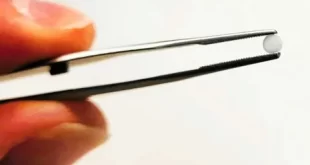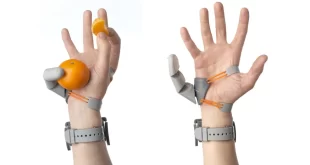We are developing gene therapy for Alzheimer’s disease targeting the earliest stages of dementia. Our approach leverages AAV as a Trojan horse to overcome the challenges of delivering peptide inhibitors across the blood-brain barrier. Proof-of-principle in genetically engineered mouse models shows the power of this strategy.
We now need dedicated scientists to help us realize the potential of gene therapy – as well as its limitations – as we work from the lab bench to reach a future in the clinic.
Why consider us?
- Great training environment – highly collaborative team, strong research infrastructure
- Supportive advisor, focused on your professional development
- Fully-funded position, with opportunity to learn grant writing skills
- Highly diverse city with cultures and food from around the globe
- Low cost of living relative to other major research centers like Boston and San Francisco
Join our team of dedicated scientists combining mouse genetic engineering, viral brain transduction, neurohistology, and basic biochemistry to understand what causes of dementia and to develop potential treatments. You can learn more about our lab and ongoing projects at: https://www.bcm.edu/research/labs-and-centers/faculty-labs/joanna-jankowsky-lab
The laboratory is located at the main Baylor College of Medicine campus which enjoys a vibrant and collegial scientific environment. BCM itself is located in Houston’s Texas Medical Center, a 1,000-acre complex of over 50 independent institutions within easy access. Houston is the fourth largest city in the US and is home to a diverse international population. The city offers great restaurants, a warm climate, and affordable housing.
Job Duties
- Designs and conducts smart, impactful experiments to identify the cost-benefit balance between route of delivery and therapeutic efficacy.
- Discovers, discusses, and deploys new research ideas towards the goal of making gene therapy a reality for neurological disease.
- Carefully collects and exhaustively analyzes experimental results to conclusively test each hypothesis.
- Plunder the literature for new ideas, methods, and resources.
- Scrutinize results, interpret outcomes, identify next steps from each experiment.
- Communicates the rationale, design, data, and impact of our work to others in the field in clear prose and visually effective figures
Minimum Qualifications
- MD or Ph.D. in Basic Science, Health Science, or a related field.
- No experience required.
Preferred Qualifications
- Strong background in molecular biology – DNA cloning, qPCR, RNA sequencing, Western blotting, ELISA, immunofluorescence, etc. – these techniques are fundamental to our experimental work.
- Experience with amyloid or tau biology – these proteins are key targets of our therapies.
- Experience with mouse models for Alzheimer’s disease or other neurodegenerative diseases – these models form the basis of our studies.
- In addition to these technical skills, our ideal candidate is also highly self-motivated, detail-oriented, able to think independently, but also works well in a team.
Additional Information
The appointment is for an initial term of one year, with the expectation of continued support pending successful progress. The position comes with competitive salary and benefits, commensurate with experience. The start date is flexible, and applications will be reviewed on a rolling basis until the position is filled.
Additional Documents
Resume/CV, including contact information for 3 references
Baylor College of Medicine requires employees to be fully vaccinated -subject to approved exemptions-against vaccine-preventable diseases including, but not limited to, COVID-19 and influenza.
Baylor College of Medicine is an Equal Opportunity/Affirmative Action/Equal Access Employer.
Job Features
| Job Category | Enseignement et recherche scientifique |
 Etudes Non Stop Etudes Non Stop
Etudes Non Stop Etudes Non Stop



